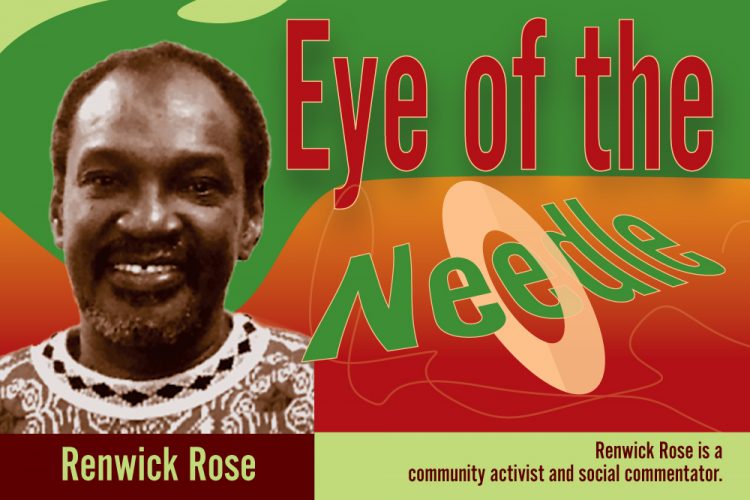Succession: A Vital Task for Gonsalves

PRIME MINISTER Dr Ralph Gonsalves is enjoying the accolades and honours being conferred on him by governments and peoples of our region, deservedly so because of his consistent defence of the sovereignty of nations and advocacy in favour of black and indigenous peoples of our hemisphere and beyond.
When he returns from Nicaragua, with his award of the prestigious Order of Caesar Augusto Sandino, that country’s National Hero, to add to Cuba’s equally significant Jose Marti Award, he will however have little immediate time to savour his laurels.
Of pressing urgency is his party’s upcoming Convention on July 31 and the resolution of the succession issue, following more than two decades of his leadership. It is an issue on which he has spoken on numerous occasions but on which, perhaps except for party insiders, there is still no clue as to its resolution. With the Convention being advertised as one to provide the answer to the succession question, all one can say at this stage is that “the proof of the pudding is in its eating”.
Though the issue has been in the public domain for some time now, it is instructive that from a ULP perspective, PM Gonsalves has been the only one to comment publicly. Yet while boasting of the quality and plurality of successors and even going so far during the last election campaign to identify two probable named successors, as we approach crunch time, his line has been one of insistence of unanimity in the party, what he calls “consensus.”
Should that be achieved, it would be a triumph for party cohesion, given the differences in attributes of his probable successors. However consensus or unanimity is not a prerequisite for democratic decision-making and a contest for leadership does not automatically mean a divided party.
It is the will of the membership which is critical and the level of their maturity in handling such a contest including the acceptance of the result as reflective of the will of the majority. Of course, political opponents and mischief-makers will be eagerly seeking not only to pour petrol in any perceived cracks but to ignite flames as well.
Surely a party with such an outstanding leader and more than two decades in power ought to be able to ride any waves which arise from a genuine leadership contest. If there is no genuine pre-Convention “consensus” not just between the probable successors but in the party as a whole, it does not have to amount to internecine fighting.
As long as the opposing camps are satisfied with the fairness of the process and prepared to accept the will of the majority, the party can only be stronger as a result.
There may be differences in approach, even on policy matters between the contestants. Importantly, they must also address how the party will address itself to the huge legacy of Dr. Gonsalves. History has demonstrated that it is never easy to follow in the footsteps of political giants. There will always be comparisons, many of them not favourable.
The essence of the complexity is that one of the two successors touted by Dr. Gonsalves is none other than his son, Finance Minister Camillo Gonsalves, the other being Agriculture and Fisheries Minister Saboto Caesar. Opponents of the government, and even some party members not enamoured by a possible Camillo leadership, seem convinced that all along Dr Gonsalves has sought to have his son succeed him, nepotism they claim.
It is one thing to hurl charges of nepotism, another to try and rule out from contention, a qualified person on the grounds of paternity. Lawyers, accountants, business people are all proud to have their offspring succeed them so why not in politics?
The crux of the matter lies not in the competence of the two outstanding contenders, but in their differing capacities. There are few who would dispute the capacity of Camillo Gonsalves to handle matters of state, the biggest questions arise around how much is he a “people person”?
Worse for him there is the unfortunate comparison with his father, a “politician par excellence” in Caribbean terms. In this regard, Saboto would outperform him, and there are perhaps many who for one reason or another would feel more comfortable with his leadership.
What we appear to be missing is that here are two fine young men, far from perfect of course, but each with excellent attributes to qualify them for national leadership. What is wrong with the ULP trying to marry those attributes, to shift more towards collective leadership and away from the enormous shadow of a legendary leader?
It is not an issue for the ULP alone. The opposition NDP and indeed political parties throughout the region must come to accept that we are now in the 21st century, and while there will always be room for outstanding leaders, the era of the overwhelming dominance of a Joshua, Cato, Mitchell or Ralph Gonsalves must yield to a broader, more democratic basis.
Renwick Rose is a community activist and social commentator.









